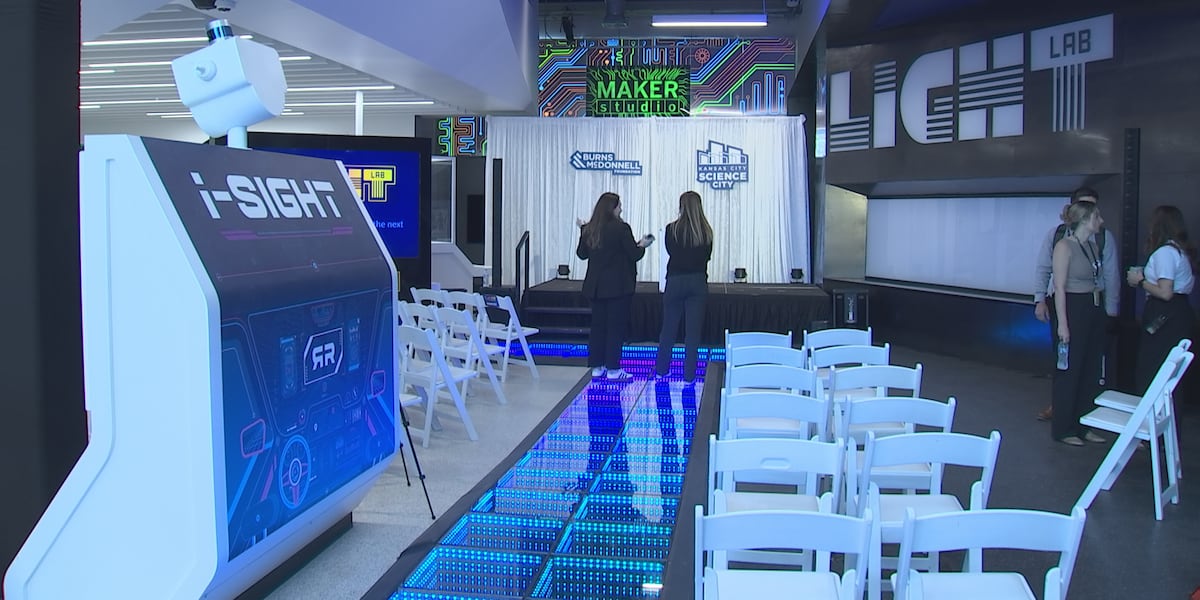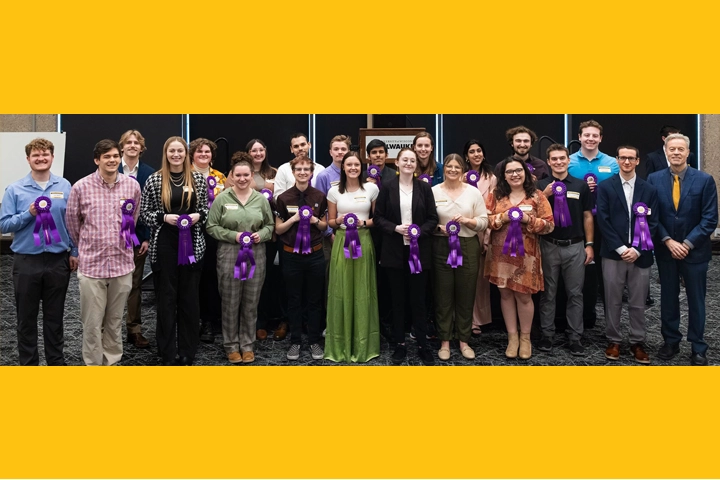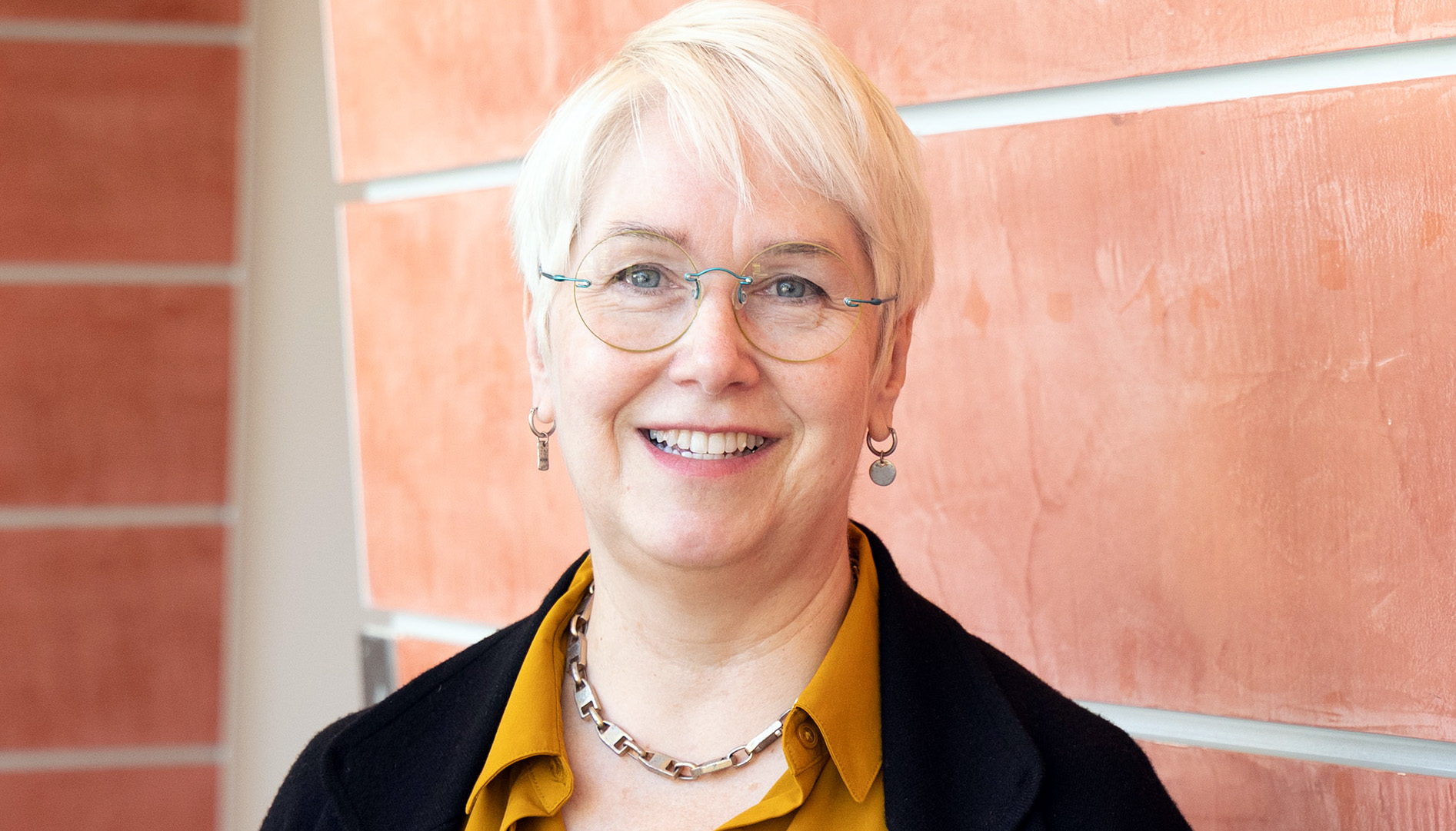
Skin Science Unleashed: How Courtney Sykes Is Transforming Beauty from the Lab
In her groundbreaking new book, The Skin Boss, Courtney Sykes revolutionizes the way we approach skincare by cutting through the noise of social media trends and delivering science-backed insights. Unlike fleeting Instagram beauty hacks, Sykes provides readers with a comprehensive, evidence-based guide to understanding skin health from the inside out. Drawing on her extensive background in dermatological research, Sykes demystifies complex skincare concepts, making them accessible to readers of all backgrounds. Her book goes beyond surface-level advice, offering a deep dive into the scientific principles that truly impact skin wellness. From understanding skin biology to decoding ingredient lists, The Skin Boss empowers readers to make informed decisions about their skincare routines. What sets this book apart is its commitment to scientific integrity. Sykes challenges popular myths and unsubstantiated claims that dominate social media platforms, replacing them with rigorous, research-driven recommendations. Readers will learn how to develop personalized skincare strategies based on their unique skin type, genetic factors, and individual needs. The Skin Boss is more than just a book—it's a comprehensive roadmap to achieving healthy, radiant skin through knowledge, not trends. Whether you're a skincare novice or a beauty enthusiast, Sykes' expert guidance promises to transform your approach to personal skin health.









